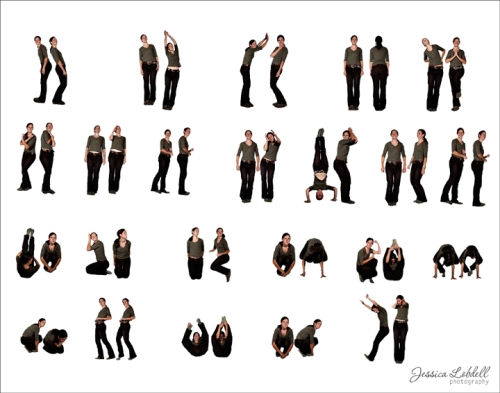Until last week, I’d forgotten how energizing good networking can be.
I’m an introvert. Sometimes, I find socializing to be extremely mentally and physically draining. I work from home, and I know it’s important for me to get out of the house and talk to a live person every now and then. But lately, I just haven’t found the motivation.
I think my lack of motivation stems partly from having attended one too many bad networking sessions – sessions that initially held promise, but turned bad (for me) because of negative interactions or a lack of positive interactions.
So, it is with much gratitude that I thank the ladies of Palo Alto AWIS for organizing a fantastic career panel event last week! You’ve reminded me how fun and energizing a networking event can be.

I had signed up to be a volunteer at the event – being a self-branded “alternative” careers evangelist, I was excited about helping to support an event that would present different career options for scientists. I attended many similar events when I was contemplating my own career transition, and they are extremely helpful.
I met some great people, listened to several interesting career stories, and came away feeling positive and enthusiastic.
As it turns out, I will be doing a write-up of the event for the Palo Alto AWIS newsletter. During the dinner/networking part of the evening, I happened to mention to Chapter President Ashley Fouts that I’m a science writer. Next thing I knew, I had grabbed my laptop from my car and was poking around the auditorium looking for an electrical outlet. (Attendees: Yes, that was me in the second row, furiously typing during the panel discussion. There was a reason for those copious notes!) Exciting! I’m more than happy to volunteer my services for spreading the word about “alternative” science careers! Perhaps they won’t mind me cross-posting the write-up here…?
Networking can be tricky sometimes – being selective with networking events has helped me to find events that end up being good and to avoid the ones that end up being bad (good and bad of course being subjectively defined). What I enjoy most about networking (and what is likely to make an event good for me) is meeting science-minded people (not necessarily scientists!) and/or people who are interested in communication or education. In other words, I want to meet people with whom I have something in common. (Go figure.) And because I go to networking events with the goal of connecting with people and exchanging ideas, I want to know that there are people there who are actually interested in discussion (and not just handing out their business cards).
Although I am more of a generalist these days as compared to when I was a graduate student studying yeast cell polarity, I have found (to my surprise but probably to no one else’s) that I am still very specialized compared to the average professional.
It’s not that I mind meeting or talking to people with different interests or careers – sometimes it’s great fun (and very eye-opening) to meet someone who’s doing something completely different from me! But in some cases, the result can be a severe lack of connection, which can lead to an increasing sense of what am I doing here?
Last week’s Palo Alto AWIS event was nearly ideal for me in terms of finding like-minded people: scientists thinking about and discussing “alternative” careers. I was so happy just listening to the women of the panel describe their respective careers and transitions out of the lab. I had to restrain myself from jumping up and shouting Amen! at certain points.
The only negative thing about the event? I’m a bit out of practice when it comes to networking. Perhaps I should consider attending more random networking events just to keep up the “schmoozing” skills and avoid sounding too much like Chester in this classic Looney Tunes cartoon.


